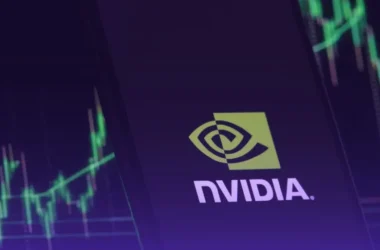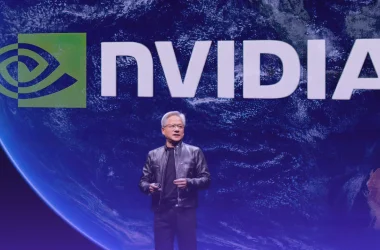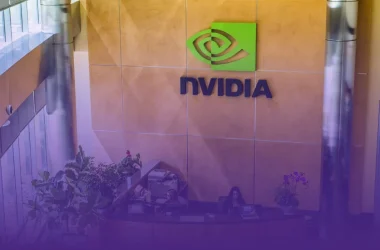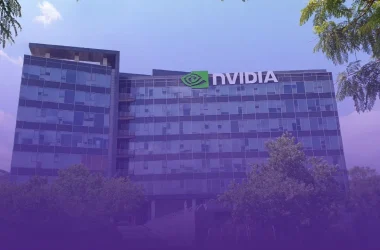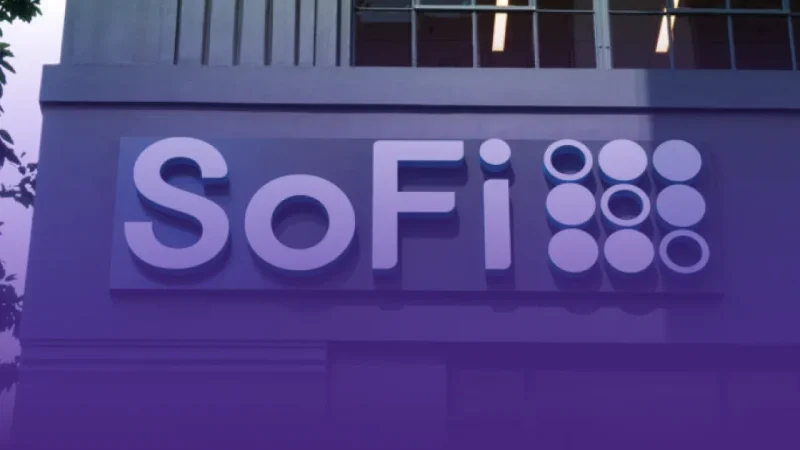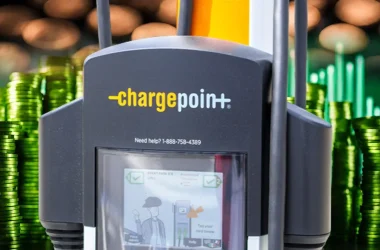Recently, SoFi Technologies (NASDAQ: SOFI) announced that it’ll act as the sponsor bank for Rapid Finance’s new line of credit prepaid cards. The new card, Rapid Access Mastercard, will be managed by Galileo, which SoFi acquired in 2020 in a deal valued at $1.2 billion. As a result, SOFI stock went up 1.12% to around $7.20. Now, the stock is trading at $7.11.
The announcement couldn’t have come at a better timing, as SOFI stock has been struggling lately, thanks to the company announcing the pricing of $750 million in convertible senior notes. But, there’s more to SoFi’s woes, as the Biden administration announced plans for more student loans, and being a company that depends on student loan refinancing, this was nowhere near great news for SoFi.
Yet, despite all of this, institutional investors like Raymond James (NYSE: RJF) and Cathie Wood’s Ark Invest are betting big money on SOFI stock ahead of the company’s earnings report next week, and increasing their price targets.
Student Loans Cancellations
Earlier this month, the Biden administration said that it would cancel student loans for another 206,000 borrowers as part of a new repayment plan that offers a faster route to forgiveness. This cancellation was announced by the Education Department, which claimed that people can be eligible for student loan cancellations when they hit 10 years of payments, a new finish line for some loans that’s a decade sooner than what borrowers faced in the past.
This immediately raised red flags for SOFI stock investors, because it could affect the company’s business model, and consequently its stock. Remember, this is a company that filed a lawsuit against the Biden administration last year to block the student loan payment pause, so the impact of more debt cancellations on its business shouldn’t be ignored. SoFi is a company that has built its name on helping people manage and refinance student loans, and more cancellations would probably mean fewer federal student loans being refinanced. This would directly hit SoFi’s student loan business, lowering the demand for its services and shrinking its loan portfolio.
With a reduction in the amount of student debt outstanding, SoFi’s revenue from interest payments and loan origination fees could decrease, and this would negatively impact the company’s profitability, especially if it didn’t have alternative revenue streams to compensate for the loss. Additionally, if a large chunk of debt disappears, SoFi might lose out on potential customers. But, it’s not entirely too bad, because those customers, who no longer have to worry about student debt, could use their money for investing or taking out a mortgage, and these are also two products SoFi offers.
In fact, many analysts still think SoFi will be the next financial giant, and that its journey from being a student loan specialist to a comprehensive financial services company, then to a bank, has been extremely impressive.
Institutional Investors are Still Bullish
SoFi’s story started in 2011, with a focus on student loan refinancing. Back then, student debt was growing, and SoFi saw an opportunity to offer better rates and terms to graduates drowning in loans. SoFi’s focus on technology and a user-friendly experience resonated, as it made refinancing student loans faster and smoother, attracting a growing customer base. But, they didn’t stop there.
Soon, SoFi expanded its offering, adding things like mortgages, investing tools, and even career coaching. This diversification strategy fueled the company’s growth as it wasn’t just about student loans anymore, rather it was becoming a one stop shop for all financial services. Analysts at Raymond James are firm believers in SoFi’s story, as the bank recently bought 32,345 shares of SoFi, adding to its existing position in the company and bringing its total holdings to approximately $3 million worth of shares.
In addition to Raymond James, Geneos Wealth Management recently bought 2,900 shares, indicating its bullishness on the company. But, one of SoFi’s biggest backers is Cathie Wood’s Ark Invest. Last month, Cathie bought 1.9 million SoFi shares after the stock dipped when SoFi announced the $750 million notes offering. She also bought more shares recently, pumping SoFi up and making it Ark’s 30th-largest position, at the same time that she continues to sell shares of companies like Coinbase (NASDAQ: COIN) and Nvidia (NASDAQ: NVDA), selling positions worth $824,000 and $135,000, in COIN stock and NVDA stock, respectively, believing that now is a good time for profit taking.
Should Investors be Worried?
We must admit that, while this recent turn of events can have a detrimental effect on SoFi, there’s a silver lining somewhere. Cancellation wouldn’t eliminate all student loan debt. Private loans, for instance, wouldn’t be affected. Therefore, while the federal loan pool might shrink, SoFi could still focus on refinancing those private loans.
More importantly, SoFi has been diversifying its offerings. The company is constantly expanding its financial products and services, and this means that even if student loan refinancing takes a hit, their other ventures could pick up the slack. For SoFi to be able to adapt in a no-student-loan landscape, the company can invest into promoting other services like loan refinancing pivot and investment and wealth management.
Not only that, but even without federal student loans, there’s still a massive market for refinancing other types of debt, like mortgages or personal loans. SoFi could leverage its expertise in managing loan repayments and competitive rates to become a one-stop shop for all refinancing needs. According to the American Bankers Association, mobile apps are the preferred means of taking care of banking-related business for 48% of U.S. consumers, while online banking is the second-most preferred option at 23%.
This trend will definitely continue as younger “digitally native” consumers age, and SoFi’s easy to use online platform would definitely help it capitalize off this growing shift. For this reason, SoFi could position itself as a partner in helping people grow their wealth after shedding student loan debt. It’s no news that SoFi isn’t shy about innovation. Therefore, it could bring in new banking products, or new partnerships like this one with Rapid Finance, to attract more users. The company’s partnerships with sports leagues like the NFL and the NBA are also very impressive, and extremely useful for marketing and for the company to gain brand recognition.
Keep in mind that the U.S. will host the next world cup and the 2028 summer Olympics, and SoFi stadium will definitely be used for these events, which could increase SoFi’s brand awareness to a global audience, opening the door for the company to expand globally. It’s important to remember that these are just a few possibilities. The future’s always a bit foggy, but SoFi has a proven track record of adapting and innovating. Even in a world without student loans, they have the tools and experience to carve out a successful niche in the financial services industry.
The Bottom Line
SoFi’s diversification and focus on other financial products could help it weather the storm. And while a student loan cancellation might throw the company a curveball, it’s unlikely to knock it out of the game. It will be interesting to see how SoFi adjusts, pivots, and maybe even comes out with new and exciting financial products and services. But for now, it’s unlikely that this loan cancellation news will be a dealbreaker for this financially savvy company.
Disclaimer
Please visit and read our disclaimer here.

